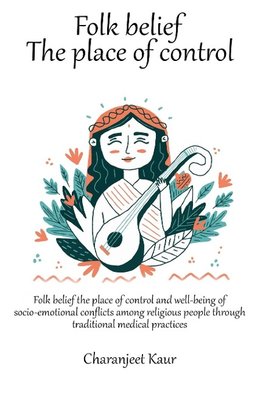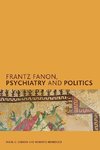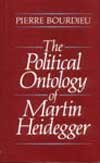
-
 Anglický jazyk
Anglický jazyk
Folk belief the place of control and well-being of socio-emotional conflicts among religious people through traditional medical practices
Autor: Charanjeet Kaur
Himachal Pradesh, a Queen of Hills and Fruit bowl of India is also considered as the place of peace and spirituality wherein unity exists in diversity. The people of different religion (Hindu, Muslim, Sikh and Christian) in this hill landscape have mammoth... Viac o knihe
Na objednávku
72.45 €
bežná cena: 80.50 €
O knihe
Himachal Pradesh, a Queen of Hills and Fruit bowl of India is also considered as the place of peace and spirituality wherein unity exists in diversity. The people of different religion (Hindu, Muslim, Sikh and Christian) in this hill landscape have mammoth beliefs in paranormal entities (spirits, deities/Solah savnis/devtas, Allah, Waheguru, Lord, Jinn, Bhootpret, Angel, Witchcraft) and their agents (Mali/Ojha/Shaman, Pandit, Pir, Faqir, Granthis & Fathers) those according to them fetch good luck, prosperity, peace and progress in their life. The peoples of this hill state have immutable belief in paranormal phenomenon and their agents who play vital role in reconciliation of socio-emotional conflicts to promote their wellbeing. Therefore, in the present study a pioneer attempt has been made to study the Folk beliefs, locus of control and wellbeing among Hindu, Muslim, Sikh and Christian People by assessing the role of folk agents like as mentioned above in ameliorating socio-psychological conflicts. The study has been conducted in Himachal Pradesh on 400 people in two stages. In the first stage N = 240 subject (60 Hindu, 60 Muslim, 60 Sikh and 60 Christian) were selected and initially subdivided into two categories based on education (30 High Educated + 30 Low Educated) and later on the basis of Gender (15 Men and 15 Women) in each group. In all there were 16 groups with n = 15 subjects in each group selected on the basis of 4 x 2 x 2 factorial design. Purposive sampling was used in the present study. These subjects were assessed quantitatively by using paranormal beliefs, Spiritual health locus of control, Socioemotional conflict reconciliation, psychological distress, depression happiness, Spiritual well being and general wellbeing scales. In stage two qualitative analysis was performed on the 160 subjects (40 Hindu, 40 Muslim, 40 Sikh and 40 Christian) further subdivided on the basis of Gender (20 Men and 20 Women) in each group. There were eight group with n = 20 subject in each that comprised of aforesaid sample. These subjects were assessed with help of participant observation, interview, and case studies to know their physical, social, and psychological problems. Therefore in the present study both qualitative and quantitative analyses were performed. Results based on ANOVA 4 x 2 x 2 revealed that the main effect of Religion on the measure of Paranormal belief was found F (3, 224=30.99, p<.01) as statically highly significant wherein Christian people were found higher in paranormal beliefs (104.34) and Muslim as least (64.22) than to their counterpart groups. The main effect of Education on the measure of paranormal belief was found F (1, 224 = 4.13, p< 0.05) as statically highly significant wherein highly educated people were found higher in the said beliefs (94.68) and low educated as (89.20) and least. Further, the main effect of Religion on the measure of Spiritual health locus of control was found F (3, 224 =49.32, p<.01) as statically highly significant wherein Hindu were found more (37.71) and Christian as least
- Vydavateľstvo: cerebrate
- Rok vydania: 2022
- Formát: Paperback
- Rozmer: 229 x 152 mm
- Jazyk: Anglický jazyk
- ISBN: 9781805453949









 Ruský jazyk
Ruský jazyk 


